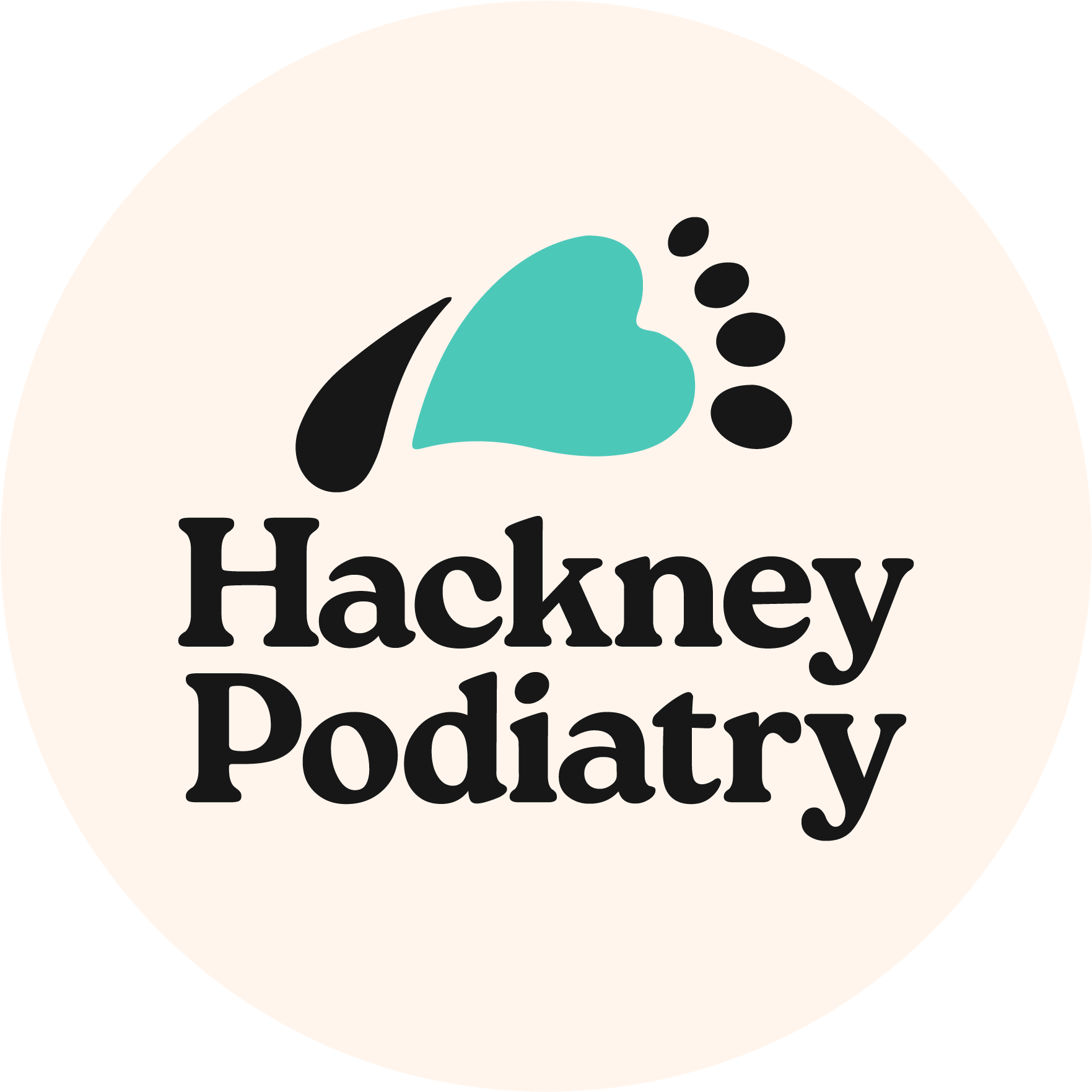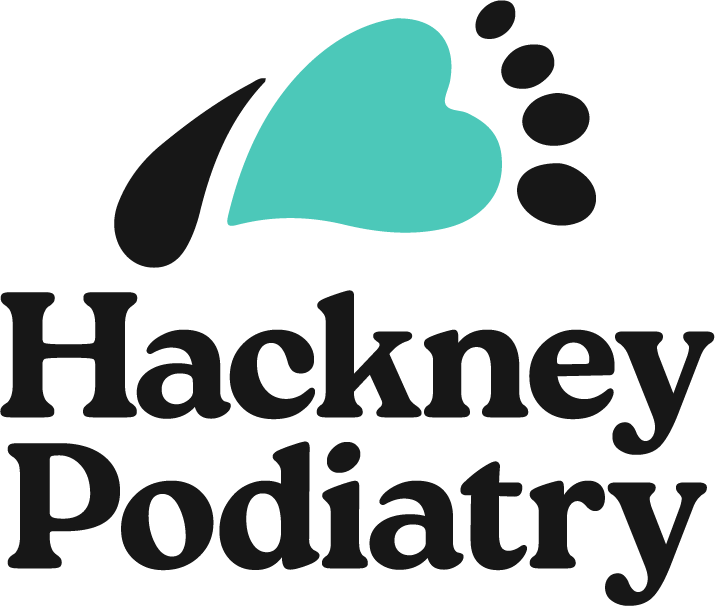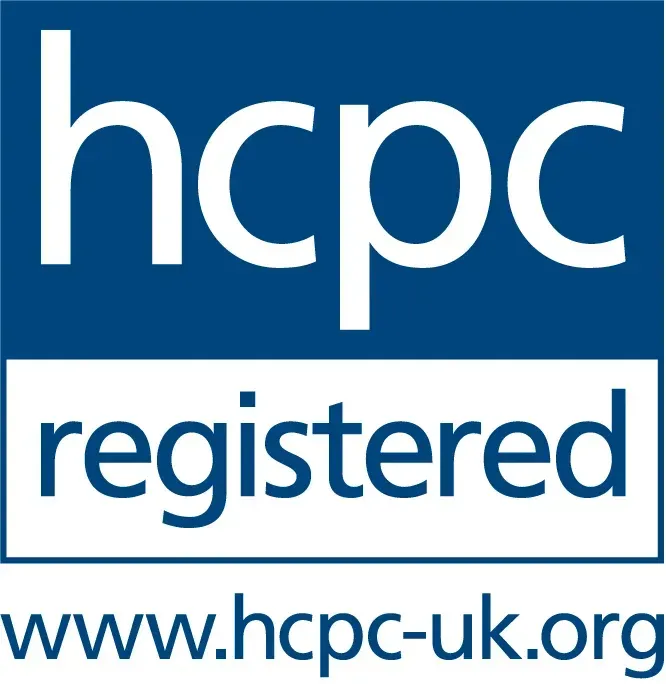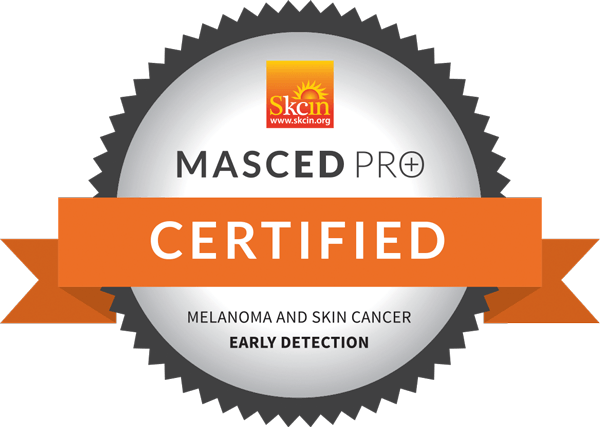Treating Verrucae at Hackney Podiatry
Oct 2022
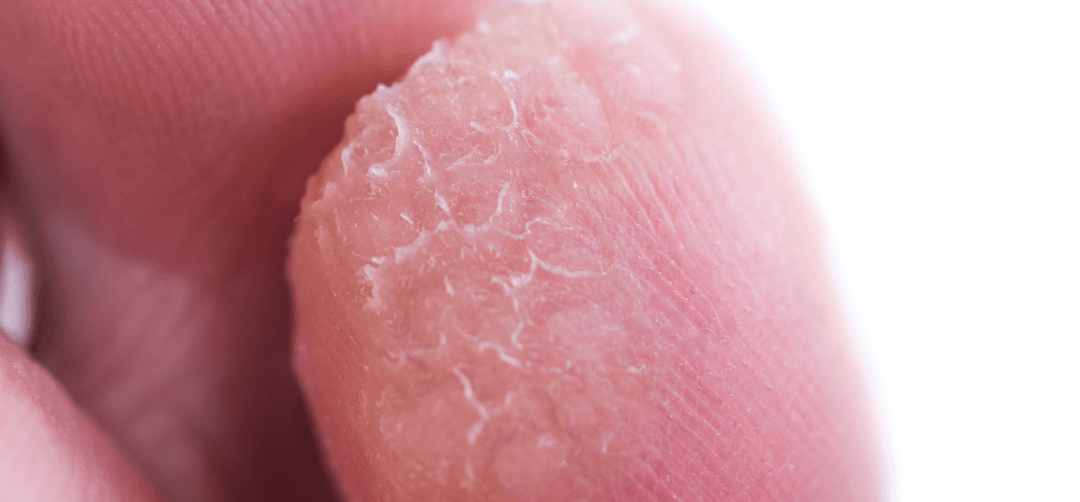
What are Verrucae?
Verrucae are caused by the Human Papilloma Virus of which there are many strains. It is an infection which infects only the epidermis of the skin which causes an overgrowth of keratinised (hard) skin cells and eventually a benign lesion which we call a verruca.
The virus thrives in moist environments-swimming pools are the classic example but it is also possible to pick up the virus from communal changing areas and the bathroom at home if someone you share your home with has verrucae.
It is a very contagious virus, yet some people appear predisposed to catching it whilst others do not. They can be painful, particularly if they are located in a weight bearing area.
Verrucae are very common in children and less so in adults but it is possible for anyone to catch the virus. They can be common in those who are immunosuppressed.
Treatment
Treating verrucae can be a lengthy and painful process. All treatments available, whether over the counter or via your Podiatrist involve making the skin
a less favourable environment for the virus to survive.
All treatments cause local damage to the tissues which in turn also encourages your immune system to detect and destroy the virus. Some times, tissue damage can lead to tissue breakdown which can increase the risk of bacterial infection. However this can be avoided provided the wound is cared for correctly under the direction of your podiatrist. If tissue damage does occur, treatment has to be postponed until the skin is healed-this is usually about 2 weeks.
Spontaneous Resolution
In many cases, verrucae will resolve by themselves if you leave them alone. In children it would normally take upto a year for spontaneous resolution. In adults, it can be longer, anywhere between 1-10 years. This leads many people to seek treatment.
A simple way to encourage spontaneous resolution is with the use of zinc oxide tape applied over the verruca every day. The zinc oxide tape helps to moisten the skin which makes it more comfortable and less viable for the virus to survive. Leukoplast is a good brand of zinc oxide tape.
Do not use zinc oxide tape if you are allergic to zinc.
Treatment with Hackney Podiatry
Hybrid Treatment Plan
If your verruca is bothersome and you wish to treat it in a cost effective, low hassle way, Hackney Podiatry recommends a Hybrid Treatment plan. Following an assessment at Hackney Podiatry, you treat your verruca at home with Salactol Lacquer (16% salicylic acid) daily, combined with the use of zinc oxide tape. This treatment takes little time to apply at bed time and is easy to follow. After 4, 8 and 12 weeks of application, you return for a debridement (removal of the dead skin) in order to continue with the application successfully. You can purchase Salactol and Zinc Oxide tape from Hackney Podiatry.
Clinic Treatment Plan
Hackney Podiatry offers 2 treatment modalities in clinic. Both are delivered at 2 weekly intervals for as long as is required which could be for as long as 4 months. It is possible to switch between the 2 modalities.
Verrutop £48 per application
Verrutop contains nitric acid along with zinc and copper salts and works by denaturing viral proteins. This serves to dessicate the verrucoid tissue. This then comes away via debridement or through naturally falling off the skin. The skin beneath is intact, so there are no open wounds and the application of Verrutop can be continued until complete resolution. In between appointments, you are advised to apply surgical spirit to the verrucae in order to encourage the desiccation process.
Cryopen £58/£64
Cryopen is a form of cryotherapy which causes a cold burn to the verruca. It works by causing the verrucoid tissue to become separated from the healthy epidermal skin cells. Cryopen is often reserved for small verrucae which are resistant to treatment and is best for lesions on non weight bearing areas as it can cause blistering.
How long does treatment take?
It is difficult to give a definitive answer on how long it takes to resolve a verruca with treatment. A rough estimate is given at 3-4 months, but large or particularly resistant verrucae can take longer. It is important to be committed to treatment until resolution in order to prevent a resistant verruca.
Prevention of re-infection
Once your verruca is resolved, the following precautions can be taken to prevent re-infection:
- Wear flip flops or sliders around the swimming pool and in shared changing rooms
- Take care to dry your feet really well after bathing
- Do not share socks, shoes or towels with someone who has a verruca
- Avoid using nail clippers and files which may have been contaminated with the virus
Starting Treatment with Hackney Podiatry
If you’re interested in treating your verruca with Hackney Podiatry, either via the Hybrid Treatment Plan or totally In Clinic, start by booking a Core Podiatry Assessment by clicking on this
link.
